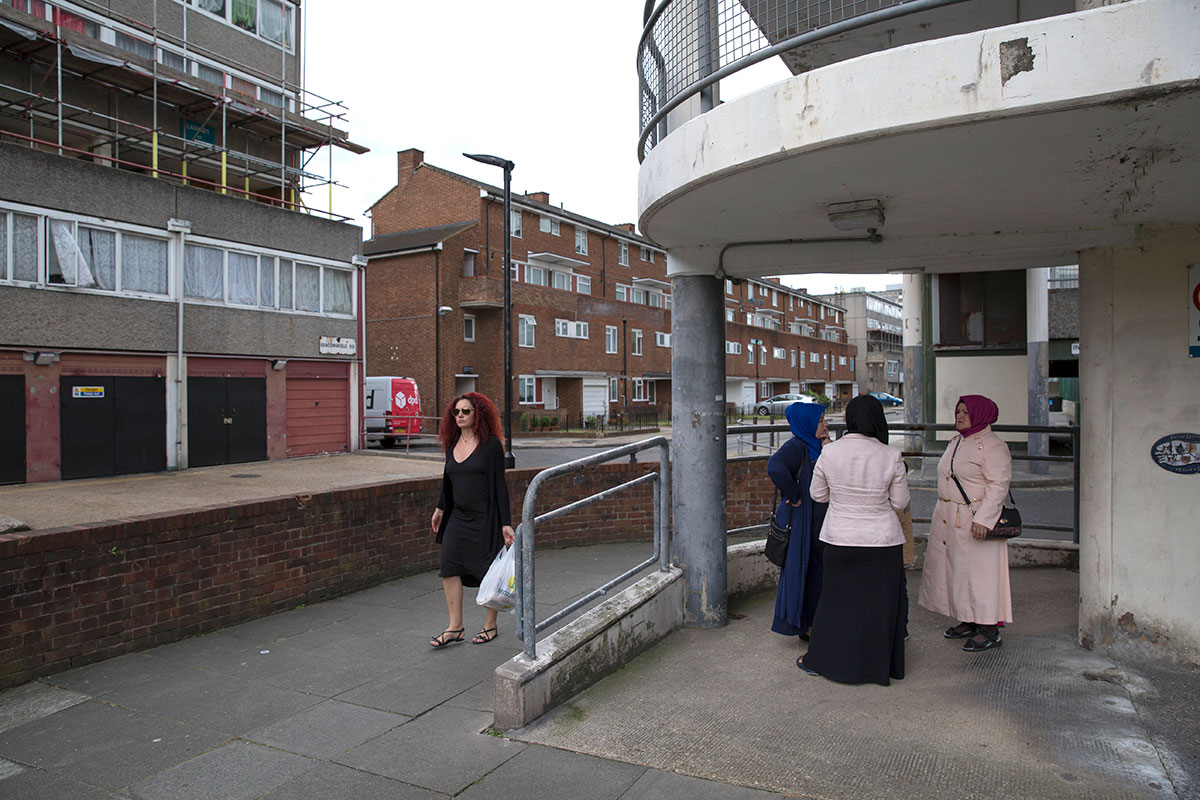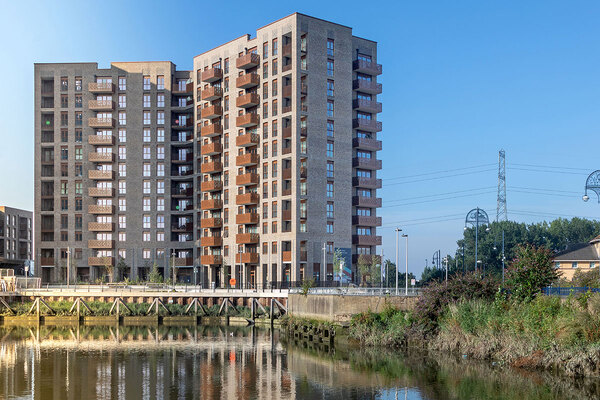You are viewing 1 of your 1 free articles

Residents must be involved in policymaking to cut complaints
A focus on arbitrary policies and targets will only leave residents disappointed, writes Darren Burton
As recently reported by Inside Housing, the number of complaints and enquiries about social landlords to the Housing Ombudsman increased by 38% in the last quarter.
Housing associations eager to reduce this upward trend will need to look well beyond making improvements to homes’ maintenance and repairs. They should take a new approach to policymaking that actively consults and involves residents.
Alongside the quarterly report data, the ombudsman published insights about complaint themes. These include issues relating to legal claims, social landlords contacting the ombudsman about extensions for responding to complaints, the timeliness and quality of repairs, staff behaviour, anti-social behaviour (ASB) and general complaint-handling.
The importance of housing quality is evident in the emerging themes and lessons from recurring cases of complaints. And, undoubtedly, living conditions remain closely linked to levels of resident satisfaction with social landlords.
However, it’s also becoming clear from the ombudsman’s insights that there’s a growing need for proactive resident engagement when developing processes, practices and standards for estate management and supporting residents.
As someone who works closely with housing providers of contrasting sizes across the UK, I have come across many fantastic examples of best practice, where staff go above and beyond to achieve positive outcomes for residents. Similarly, the ombudsman praises social landlords for taking extra steps to properly investigate and act on complaints.
“Actively focusing on resident rights could help social landlords to take a more customer-first approach to how they develop and deliver services”
Such positivity, though, is often overshadowed by disconnected policymaking, which can fuel dissatisfaction and anger among residents and drive their inclination to raise concerns with the watchdog.
Policymakers, both those at a government level and those working for housing associations, tend to write standards and guidance in far-away offices. These are developed with the best intentions and are often correct in terms of technical detail and legislative compliance.
Where they fall short is in their ability to properly understand what’s happening on the ground in communities. This causes conflict between the reality of what residents are experiencing and demanding, and what housing associations are aiming to deliver.
Marketing soundbites, for example, are created and proudly communicated to residents. ‘We take a zero-tolerance approach to ASB’ is a claim I see regularly. Expectations will be heightened, leading to thinner levels of tolerance when pledges aren’t kept and the quicker escalation of a complaint. In many instances, the actual complaint being made is about a failure to uphold policies, rather than about a resident’s original query or issue.
It is unquestionably a minimum requirement for residents to expect that their case is taken seriously, but this commitment rings hollow if there is no substance beyond the words.
In many respects, social landlords hold themselves to ransom through the creation of impractical and ineffective policies. I’ve seen housing associations set themselves targets of 40 days or less for resolving ASB cases, which seems to be rooted in logic, as historical caseloads have been analysed to arrive at average timeframes.
The reality is the creation of needless pressure that causes staff to tick boxes. Emphasis shifts from meeting the needs of residents to complying with deadlines, meaning holding actions and updates replacing any real progress or substance. This tends to irritate people and fails to properly resolve issues; both factors fuel complaints.
Timeliness is important for handling issues, but it must not compromise how matters are addressed.
“It’s becoming clear from the ombudsman’s insights that there’s a growing need for proactive resident engagement when developing processes, practices and standards”
Actively consulting residents on an ongoing basis, especially when developing standards designed to meet their needs, is crucial for delivering services that will strengthen satisfaction.
Forums and channels of communication must be created that provide residents with a voice to share their thoughts and opinions. Building on this, transparency must also be created about how feedback is used to shape processes and practices, so that residents feel heard and empowered.
In addition to resident engagement, housing associations may also benefit from prioritising ‘know your rights’ training and awareness for staff. The ombudsman’s dispute resolution revolves around resident rights. Increasingly, concerned and dissatisfied residents are keen to know what protection they have.
Actively focusing on resident rights could help social landlords to take a more customer-first approach to how they develop and deliver services and implement quality control measures that effectively address problems to avoid the escalation of complaints.
Focusing on the practicalities of what residents want and embracing this during policymaking will avoid social landlords being shackled by processes that cause more problems than they solve. It could prove a vital step towards improving resident satisfaction and reducing complaints.
Darren Burton, head of housing consultancy services, Forbes Solicitors











